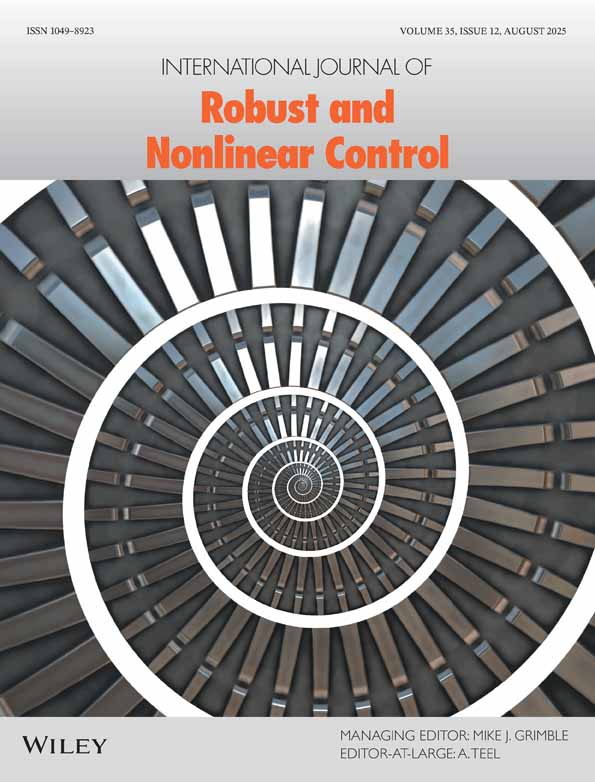Iterative learning control with wavelet filtering
Abstract
The tracking performance of systems that perform repetitive tasks can be significantly improved using iterative learning control (ILC). During successive iterations, ILC learns a high performance feedforward signal from the measured tracking error. In practical applications, the tracking errors of successive experiments contain a repetitive part and a non-repetitive part. ILC only compensates for the repetitive part, while the non-repetitive part also enters the learning scheme and deteriorates the performance of ILC. In this paper, analysis of the tracking error of ILC shows the influence of non-repetitive disturbances. The disturbances of the last two iterations appear to have the largest influence on the tracking error. In order to remove the non-repetitive disturbances from the tracking error, a wavelet filtering method is proposed, which identifies and removes the non-repetitive disturbances by a comparison of the time–frequency content of two error realizations for each iteration of ILC. The wavelet filtered error signal contains only the repetitive disturbances and is used as input for ILC. Both simulations and experiments show that with wavelet filtering, a better tracking performance is obtained together with a feedforward signal that contains significantly less disturbances. Copyright © 2007 John Wiley & Sons, Ltd.




